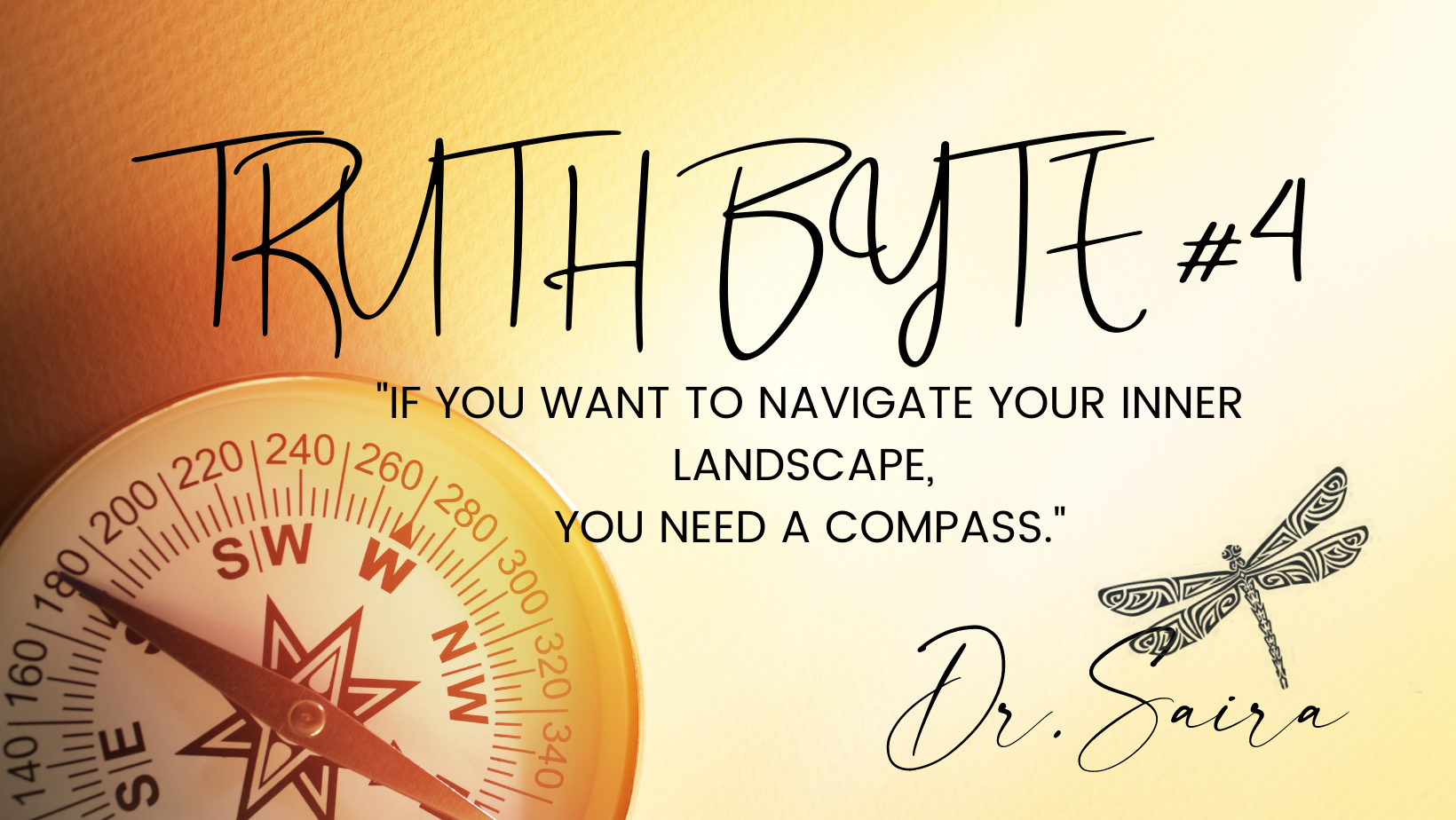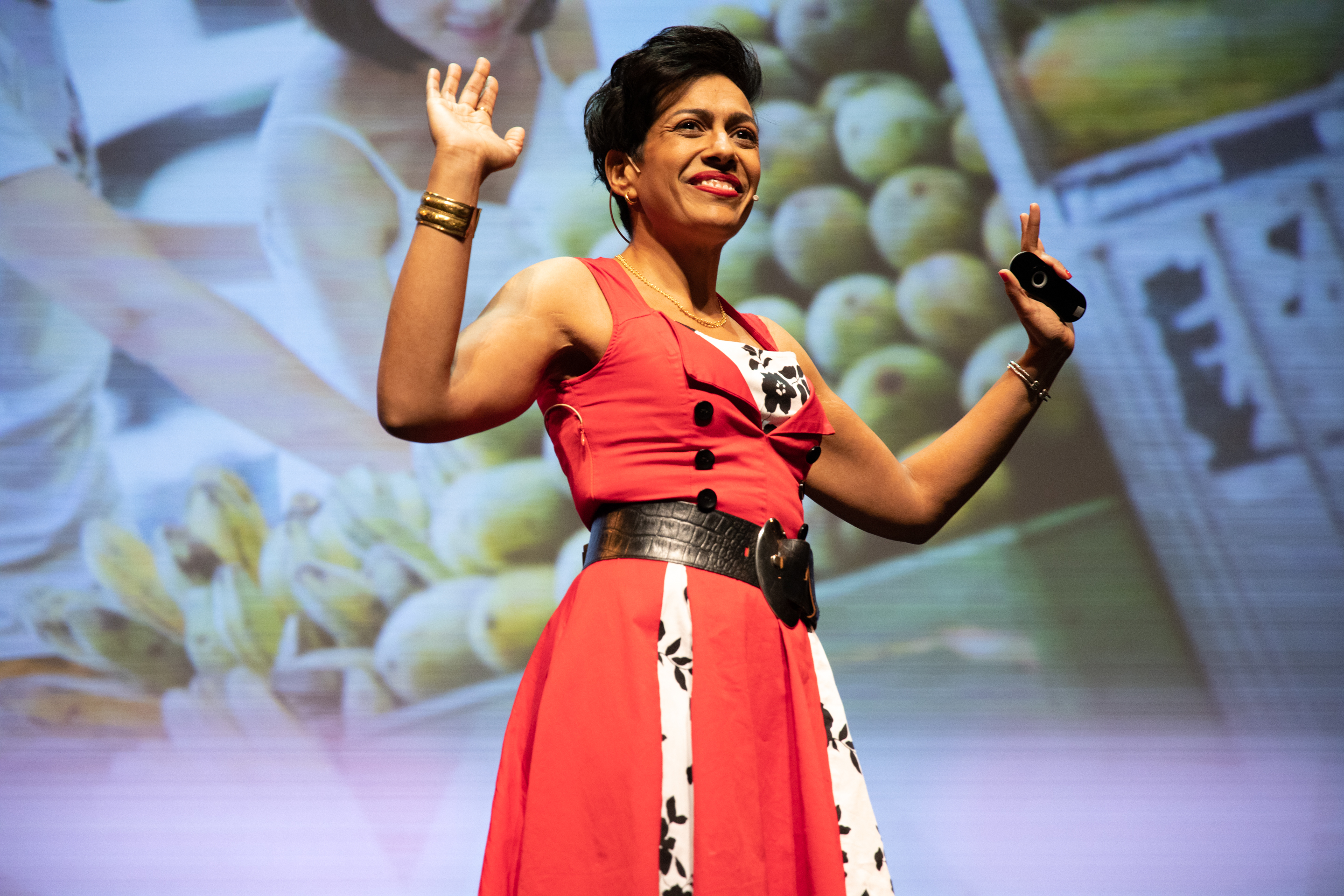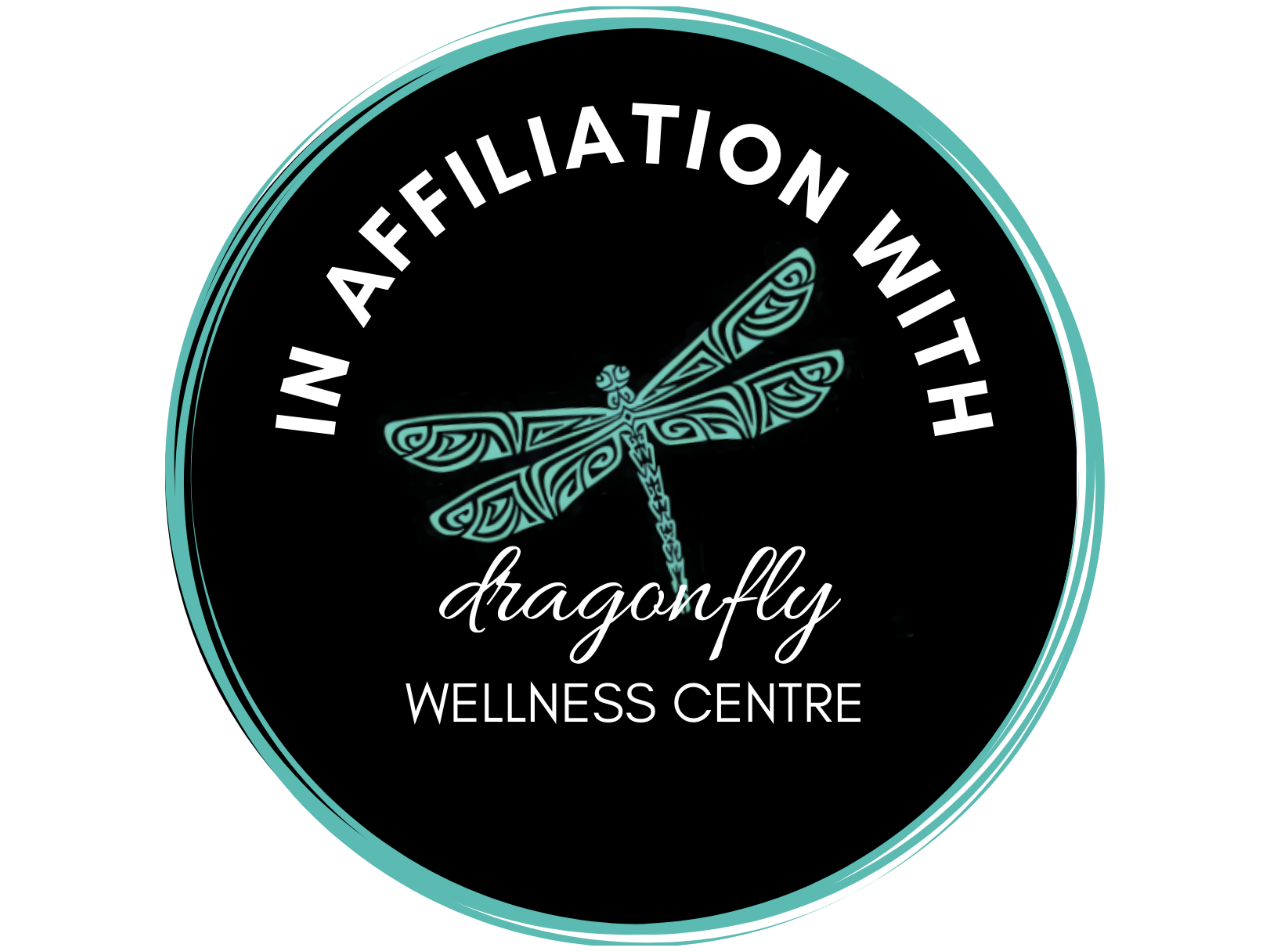Truth Byte #4:

“If you want to navigate your inner landscape, you need a compass."
How do you measure the success of your relationships? Is it by how many likes or followers you have on a particular social media site? Is it how many missed calls you have when you turn your phone on silent? Is it how many people light up when they see you? Is it how many times a week your mother tries to reach you?
It is hard to know how to measure whether or not we are succeeding in human relationships. It is even harder to know if we have weeded the garden of our inner space.
Unless your parents, grandparents, siblings, and teachers were exceptionally self-aware, chances you did not learn how to tend your inner spaces. Most of us are not quite sure what is the difference between fear and a gut feeling. Most of us mistake neediness for love, both in ourselves and others.
Most of us would rather be right than be happy.
I see these ironies all the time in advising friends and clients who are going through relationship difficulties. What I see is people who are trying to repair a relationship without first learning about who they are, how they got that way, what they stand for, and what is important to them.
So now we have to non-self-aware people who would rather blame each other for the trouble rather than reflect on what each person can do to change. Instead of looking to the inner landscape, the part of us that we actually do control, these unhappy people are pointing their fingers at each other, externalizing the hurt and blame, and then repeating the cycle all over again at the next fight or in the next marriage.
If you really want to become an expert in relationships, you have to first become an expert on yourself.
And this expertise isn’t just about memorizing your resume or your accolades, it’s about understanding how your failures and mis-steps contributed to your character. It’s about acknowledging that your context growing up made you see the world in a certain way.
It’s about being honest about your privilege, and seeing how doors were opened for you by men and woman who came before you, and all you had to do was walk through them.
To do all this, you need a compass. There is a lot of self-help data out there. I call it data because I firmly believe that there are clear differences between data and information, information and knowledge, knowledge and wisdom.
To have wisdom, we have to be willing to have lived experience in an area and be willing to follow the guidance of mentors. This is the kind of compass we need. As we learn how to tend our inner spaces, we need trusted and tested tools, and a blueprint for the end result.
Buyer beware: you can’t really do this inner work alone. Well you can, but you will probably make a mess of it. Link up to those who have wisdom of the inner spaces, and your garden will get weeded a lot faster, and with a lot less thorny detours.
Dr. Saira Sabzaali

Dr. Saira (she/her) provides mental health support through individual counselling, groups, immersive workshops/courses, and free educational content. Over the last 14 years, we have helped men and women of many backgrounds find answers to their questions about work, life, love, and meaning. Much mainstream psychology overlooks spirituality, family values, and community context, so we have decided to specialize in serving clients who are ready for change and also want to include their cultural values and spiritual beliefs into therapy.
You don't need to carry this pain forever.
Offering both online and in-person sessions, we are here to help you feel, heal, and grow with grace. Send us a question or book in your free telephone consultation now!


